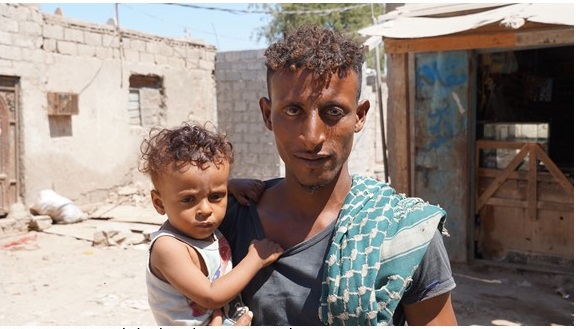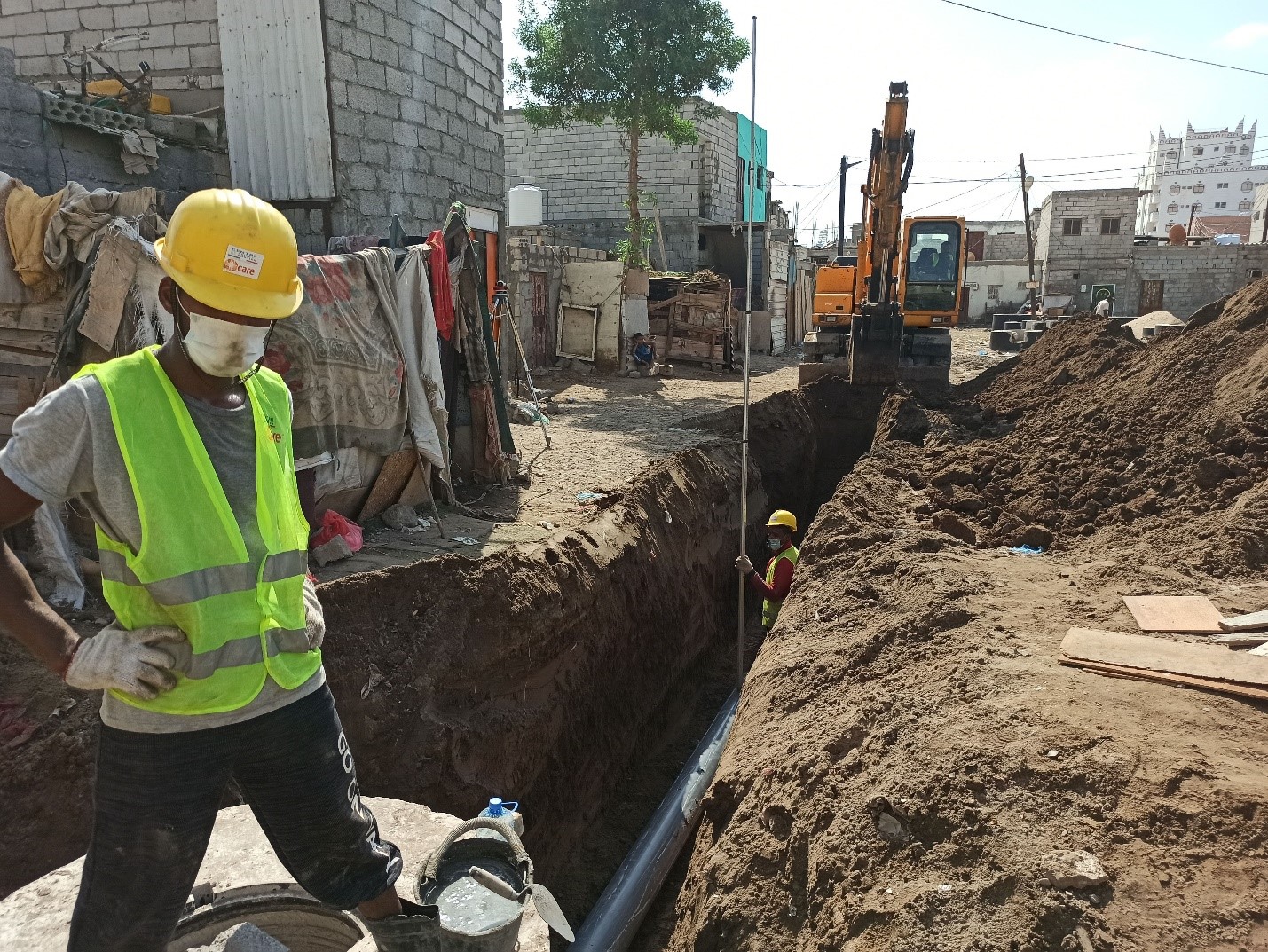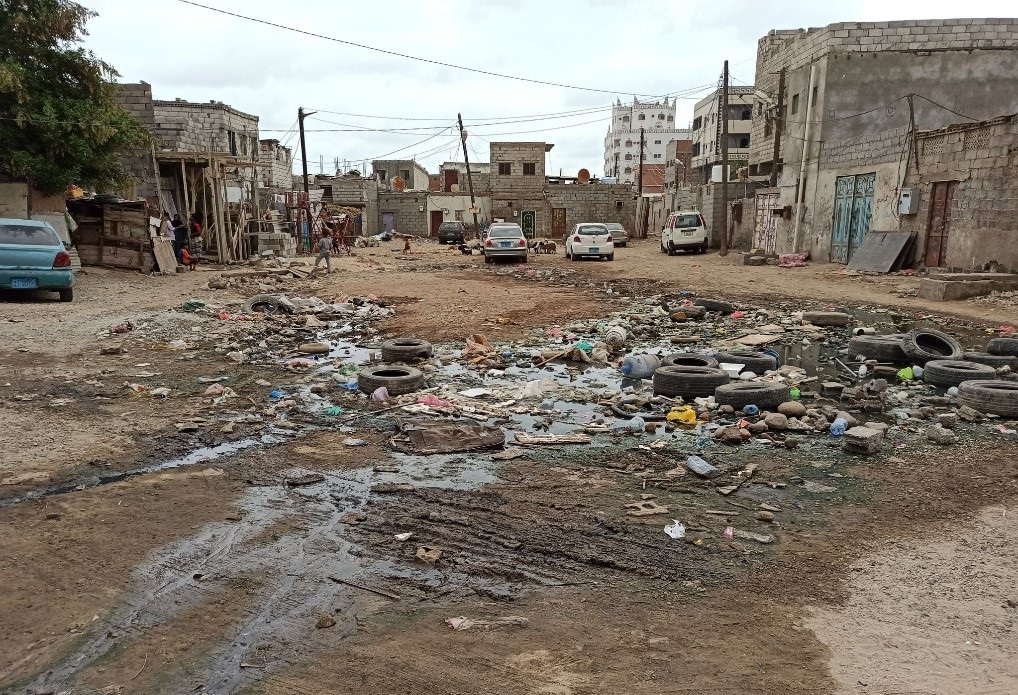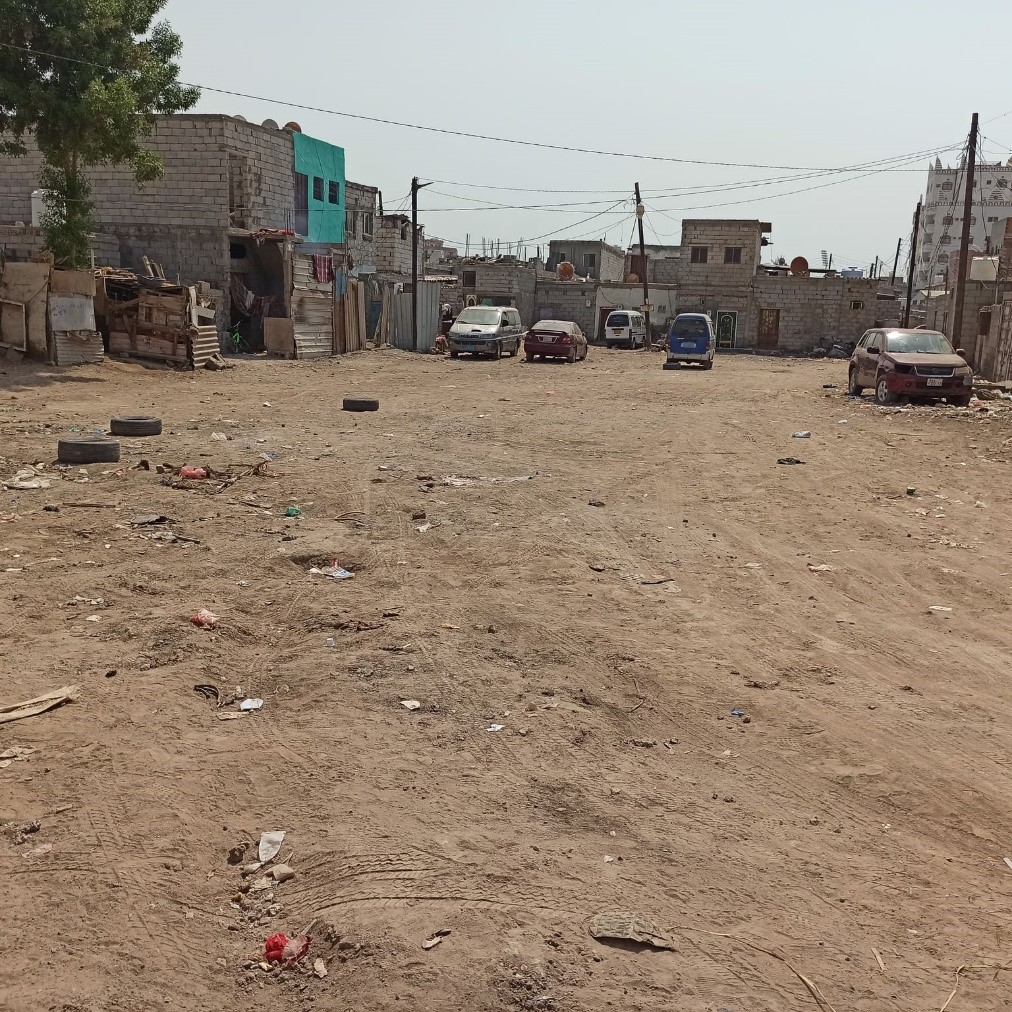Nearly six years of conflict in Yemen have devastated the infrastructure of the country and created the worst humanitarian crisis in the world. The disruption of water, sanitation and health services, as well as large-scale displacement, has contributed to the spread of deadly diseases like cholera, malaria and COVID-19, making Yemeni people even more vulnerable.
In the last few years, Yemen experienced the world’s worst cholera outbreak in modern history, with more than 1.2 million reported cases in two years. The country’s deteriorating health system was unable to treat patients adequately, and poorly maintained water and sanitation infrastructure contributed to the spread of the outbreak.
In Ash Shaikh Othman district of Aden’s governorate in the south of Yemen, the irregular provision of water and sanitation services heightened the spread of waterborne diseases, with the district recording very high mortality rates during the cholera outbreak.



